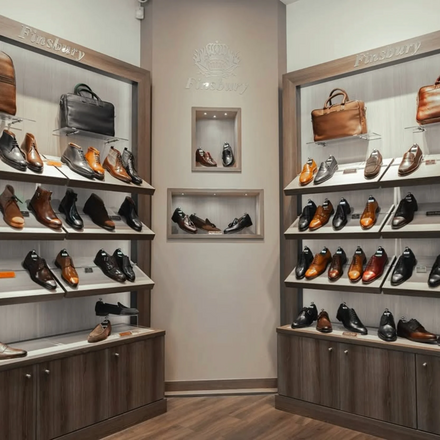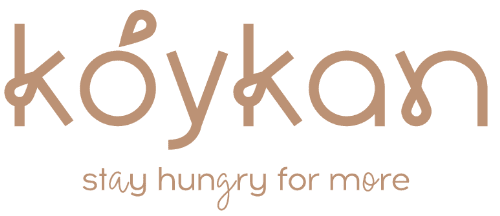Franchise networks in the gastronomy

How are major restaurant chains like McDonald's and KFC adapting to consumer trends?
The gastronomy sector is experiencing significant shifts driven by changing consumer preferences and market trends. Major restaurant chains like McDonald's, Subway, and KFC are at the forefront of these changes, continuously adapting their business models to stay relevant and competitive.
McDonald's has embraced digital transformation by integrating self-service kiosks, mobile ordering, and delivery services through partnerships with platforms like Uber Eats. They have also expanded their menu to include healthier options, such as salads and fruit, responding to the growing demand for nutritious meals. McDonald's sustainability initiatives, such as sourcing sustainable beef and reducing plastic waste, also reflect their commitment to meeting modern consumer expectations.
Subway has focused on customization and fresh ingredients, allowing customers to personalize their sandwiches with a wide variety of toppings and breads. This flexibility appeals to health-conscious consumers and those with dietary restrictions. Subway's “Fresh Forward” design concept includes updated restaurant interiors and advanced technology for a more modern dining experience. They have also introduced digital loyalty programs to enhance customer engagement and retention.
KFC has innovated with menu diversification, introducing plant-based options like Beyond Fried Chicken to cater to the growing number of vegetarians and vegans. They have also enhanced their digital presence with mobile apps and delivery services, ensuring convenience for their customers. KFC's focus on global flavors and limited-time offerings keeps the menu exciting and draws in diverse customer segments.
Innovative gastronomic concepts in the franchise model
In addition to established chains, the franchise model has seen the emergence of innovative gastronomic concepts that cater to niche markets and contemporary dining trends. Two notable examples are food trucks and themed cafes.
Food Trucks have revolutionized the dining scene by offering gourmet meals on wheels. They provide flexibility and lower start-up costs compared to traditional brick-and-mortar restaurants. Food trucks can easily adapt to changing locations and customer preferences, making them a popular choice for new entrepreneurs. Successful food truck franchises, such as The Halal Guys and Cousins Maine Lobster, have expanded rapidly, demonstrating the potential of this mobile dining concept.
Themed Cafes create unique dining experiences by combining food with entertainment or specific themes. These cafes often target niche markets, such as cat cafes, where customers can enjoy their meals while interacting with resident cats, or anime cafes that attract fans of Japanese pop culture. Themed cafes not only offer distinctive atmospheres but also foster strong customer loyalty and repeat visits. Franchises like Central Perk Cafe (inspired by the TV show Friends) have capitalized on popular culture to attract dedicated fan bases and create memorable dining experiences.
The expansion of franchise networks in the gastronomy sector illustrates how both established and emerging brands are innovating to meet evolving consumer demands. Major chains like McDonald's, Subway, and KFC are continuously adapting through digital transformation, menu diversification, and sustainability initiatives. Meanwhile, innovative concepts like food trucks and themed cafes are redefining the dining experience, offering unique and flexible business models. As consumer preferences continue to shift, the ability of franchise networks to innovate and adapt will remain crucial to their success in the competitive gastronomy landscape.
Featured franchises
No featured franchises
Other concepts from sector food and beverage
Breaking news
Show all
Expanding premium footwear through franchising
A French footwear brand expanding through franchising, offering structured entry into premium shoe retail with established operational standards.

Franchise model in sustainable water solutions
An international franchise network focusing on water generation and distribution technologies designed for commercial and residential markets.

Milano Cosmetics franchise overview
Milano Cosmetics offers a global franchise model for professional beauty salons with defined financial terms, operational support, and...

REFAN franchise network
REFAN is a European cosmetics and perfume manufacturer offering a standardized franchise model based on private-label production and retail.



